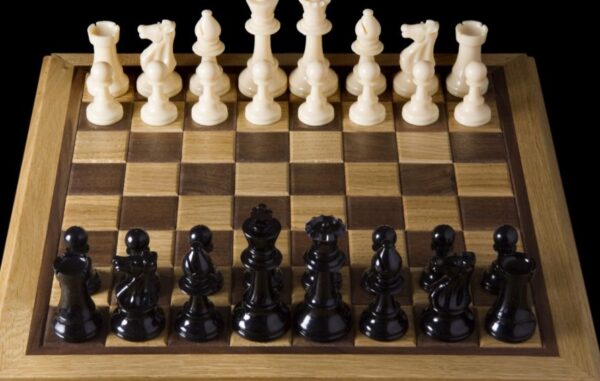Think video games are a recent invention? Or that chess has always been the go-to “old” game? Think again.
Some of the world’s most classic games have surprisingly ancient origins—long before electricity, consoles, or even written history.
These timeless games have entertained people across centuries (and continents), proving that the human love for play is truly eternal.
Here are 6 classic games that are way older than you think:
1. Chess – Around 1,500 years old
You might know it as the ultimate brain game, but chess dates back to 6th-century India, where it evolved from a game called Chaturanga. It spread through Persia, then Europe, eventually becoming the game we know today. And yes—it’s still going strong in the 21st century.
2. Backgammon – Over 5,000 years old
Backgammon may seem like a casual pub game, but it’s ancient. Versions of it have been found in Mesopotamian tombs, with game boards dating back to 3000 BCE. That means people were rolling dice and moving pieces long before the pyramids were built!
3. Go – More than 2,500 years old
This strategic game from ancient China is still one of the most complex and respected board games in the world. Go predates chess by nearly a thousand years and is still played by millions—especially in East Asia—thanks to its deceptively simple rules and infinite possibilities.
4. Mancala – At least 1,300 years old
You’ve probably seen this game with the small pits and pebbles, but Mancala isn’t just a kid’s game. It has roots in ancient Africa and the Middle East, and versions have been found across cultures from Ethiopia to Egypt. It’s more than a pastime—it’s a legacy.
5. Playing cards – Over 1,100 years old
Playing cards originated in 9th-century China, centuries before poker or blackjack. They spread to Persia and India, then through Europe. The suits, symbols, and games evolved over time—but the fun has endured for over a millennium.
6. Snakes and ladders – Over 2,000 years old
Originally called Moksha Patam, this Indian board game was designed to teach moral lessons about karma and virtue. British colonists adapted it into the version we know today, replacing spiritual ideas with…well, just snakes and ladders.













